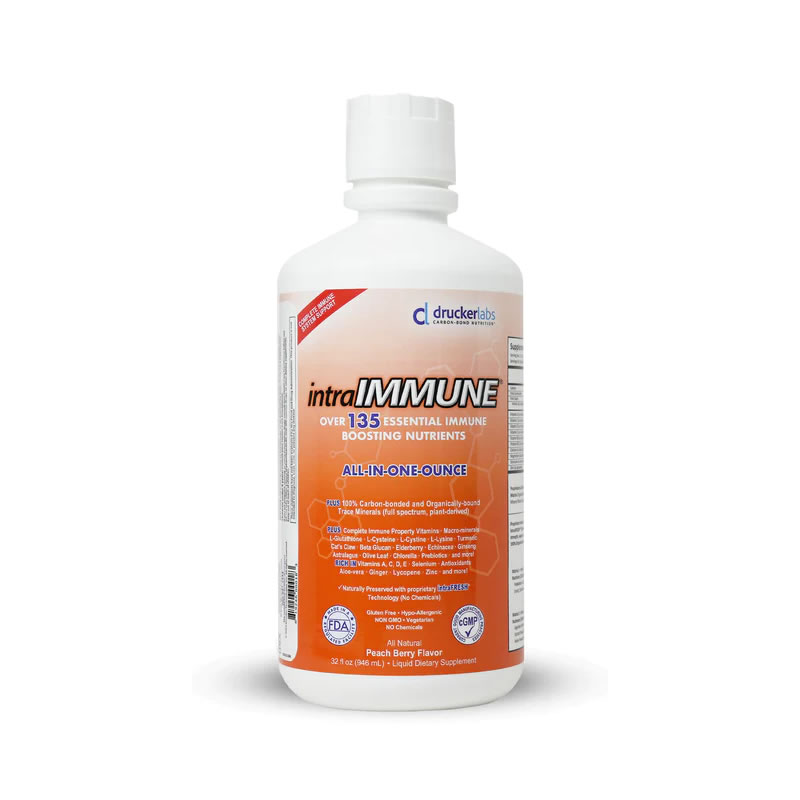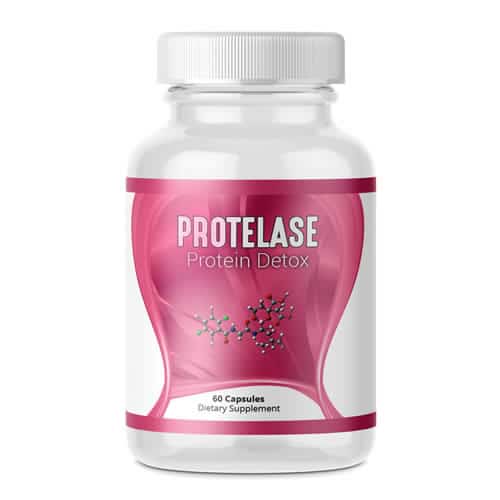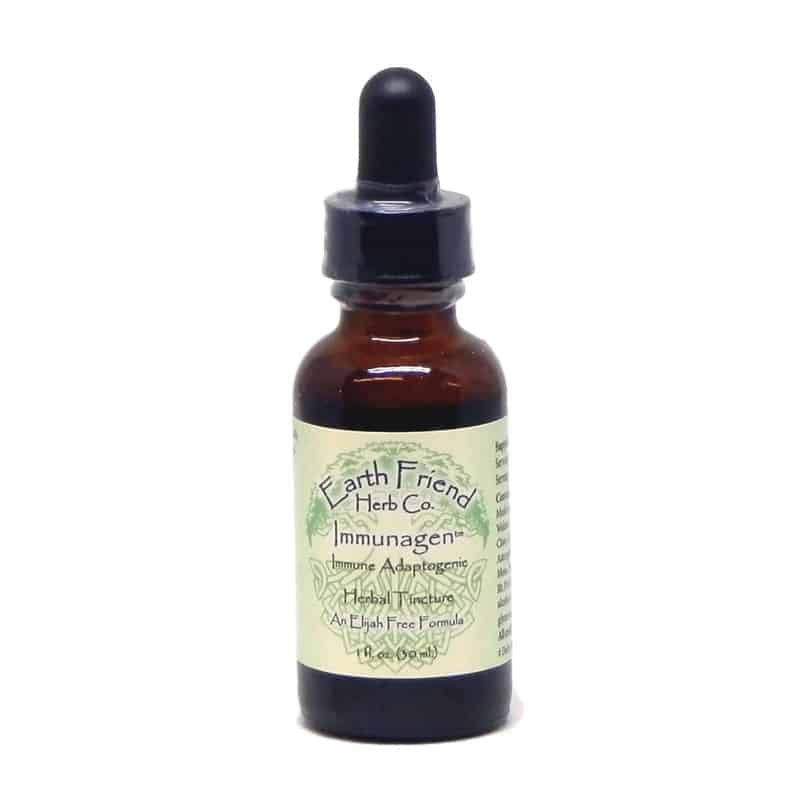No products in the cart.
Vaccine Opt-out Law
Pamela Crouse says her son was a social, smiling infant. He walked at 9 1/2 months. At 18 months, he could tell his mommy, “I love you.” Then he was vaccinated. He received five shots covering nine diseases. It was two years before his mother heard him speak those words again. “I got a different baby out of it,” said Crouse, of Garland, Texas. “It was almost like someone turned a light off.” Crouse’s son was later diagnosed with autism, a condition she blames on the vaccines.
Because of lobbying by Crouse and others, it is now easier for Texas parents to opt out of compulsory vaccinations for their children. Only a few thousand have done so, but some experts are worried that as more parents learn about the 2-year-old law, the number could rise – increasing the likelihood that some childhood diseases will make a comeback. “It is a horrible law,” said Dr. Jeff Rogers, a general pediatrician in Fort Worth. “Legal does not always mean right.”
As parents prepare for the start of the new school year, the law allows them to cite “reasons of conscience” or medical or religious objections if they don’t want their children immunized. Texas is one of 18 states that allows parents this choice, but most school districts don’t inform parents about the exemption, saying the vaccines increase public health and safety. Crouse has not had her son vaccinated since he was “injured,” as she puts it. After the shots, she said, he screamed throughout the night. He stopped making eye contact. Early speech regressed to garbled sounds. He walked rigidly on his toes and flapped his arms. He banged his head on floors and walls.
Spurred by her conviction that the vaccines were the culprit, Crouse continues to advocate more parental control over children’s health care – despite doctors’ warnings. Before 2003, parents could opt out of vaccinations only for medical or religious reasons. Otherwise, children without the proper immunizations were not allowed to attend school. “Most parents that had vaccination concerns took a religious exemption and lied about their religion,” said Dawn Richardson, who founded Austin-based PROVE, or Parents Requesting Open Vaccine Education, in 1997.
That changed with House Bill 2292, which passed during the 2003 legislative session. It was a mammoth health care bill with a childhood-immunization amendment tacked on. The original amendment, by Sen. Craig Estes, R-Wichita Falls, would have allowed parents a conscientious objection if a sibling had already suffered an adverse reaction. But in committee, the language about siblings was removed, leaving a broader exemption. The amendment was included largely because of lobbying by Richardson and other members of PROVE. “These are parents that had done a tremendous amount of research,” Richardson said. “I want to dispel the myth that these people are lazy or irresponsible.”
The federal Centers for Disease Control and Prevention recommends that children entering school receive nine vaccines, plus the hepatitis A vaccine in certain areas. If the children are entering day care, there are three additional vaccines. State health departments typically follow the CDC’s recommendations. To opt out of vaccinations, parents must contact the Texas Department of State Health Services for a request form, and the completed form must be filed with the child’s school. Schools do not have the forms.
Statewide, 3,873 students were exempted from Sept. 1, 2004, to mid-July 2005.
For most school districts, that means just a handful of children. Last year in the Grapevine-Colleyville school district, for example, one kindergarten student and two seventh-graders were exempted from vaccinations. “The number of requests that we get has remained steady,” said Julie Townsend, an epidemiologist with the Texas Department of State Health Services. “It’s too early to tell what the full impact will be.” Townsend said she would be concerned if a large number of parents requested exemptions, particularly in one geographical area. It might be five years before statistics show the effect of the law, she said. Many health professionals say they don’t need to wait five years. They already know what will happen, said Dr. Mark Shelton, medical director of infectious diseases at Cook Children’s Medical Center in Fort Worth. “Anytime people stop vaccinating, those diseases come back,” he said.
In the United Kingdom in 1977, skepticism about the need for the vaccine for pertussis, or whooping cough, led to a decrease in immunizations. In 1982, 47,508 cases of pertussis were reported, the highest in 25 years, according to the CDC. In Dublin, Ireland, in 2000, when the measles-vaccination rate dropped to 70 percent, there were 355 cases of measles, and three children died. From 1989 to 1991, about 55,000 cases of measles and 132 deaths were reported in the United States. Most cases were in pockets of unvaccinated preschool children in urban areas, the CDC reported. “That has been the worldwide problem with stopping vaccines before the disease has been eradicated,” Shelton said. “These are not trivial diseases. Children died of whooping cough this year – in Texas.”
Rogers, the pediatrician, testified against PROVE during the 2003 legislative session. He and about 40 other doctors from Cook Children’s rode a bus to Austin for the hearings. He calls the country’s vaccination schedule “the greatest scientific leap of the past 100 years.” And even though his own daughter was diagnosed with autism six years ago, at age 3, Rogers holds the shots harmless. “My daughter didn’t get autism,” he said. “She was born with it. The studies show that there is no connection between autism and the vaccines.” Rogers’ daughter has received all of her vaccinations. And no shot has worsened her condition or reversed improvements she has made, he said.
Some children should not get vaccines. Parents of children who have compromised immune systems or who have had reactions to vaccines should consult a doctor before the child receives that vaccine again, doctors say. But in a healthy child’s body, Rogers said, the immune system is strong enough to battle at one time 10,000 antigens – which are foreign substances, such as bacteria. Four vaccines given simultaneously introduce about 300 antigens, far fewer than the number that would put a child at risk, he said.
He gives this information to parents who question the necessity of vaccines. He tells them about potential risks and about his personal experience. If a mother is adamantly against vaccinating her child, Rogers said, he will tell her to find another doctor. “If you refuse the vaccinations, you have taken our greatest weapon for helping your child,” he said. “Ethically, I cannot take care of that child when I am handicapped. “If that child contracts measles, how do I hold that child’s hand as they die and say I’ve done everything I can?” In 16 years with Cook Children’s, Rogers has told five parents to leave his practice for that reason. Shelton said parents should educate themselves about the vaccines. But they should trust that the shots are thoroughly tested and relatively safe, he said.
Vaccines are typically 85 percent to 90 percent effective, leaving even vaccinated children at risk for the illness. Even though an unvaccinated child may seem to be in more danger, children whose shots are current can still carry diseases and pass them on. “There are risks from vaccines,” Shelton said. “But these are terrible diseases. Relative to the diseases, they’re not the same kind of risks. “I think the Texas law is pretty selfish,” he said. “We have study after study that demonstrate that accusations of groups like PROVE are not true. The FDA doesn’t put vaccines out there just because. These products are lifesaving.”
Richardson and Crouse disagree. When searching for a reason for her son’s illness, Crouse “was trying to prove it was anything but vaccines,” she said. “I believed in the system,” she said. “But the more I tried, the more I found proof to the contrary.” Richardson accuses the medical community of inadequate testing of vaccines and inadequate research into the long-term effects of administering multiple vaccines.
And despite the insistence that vaccines are safe – by the CDC, the National Institute of Child Health and Human Development, and the Food and Drug Administration – a growing number of parents believe that thimerosal, a preservative used in vaccines that contains mercury, causes autism. According to the CDC, except for some flu vaccines, no vaccines used on preschool children contain thimerosal as a preservative. “Children are exposed to multitudes of environmental toxins, vaccines included,” Richardson said. “For some kids, it’s the shot that breaks the camel’s back.”
That’s what Crouse believes happened to her son. “Parents are trained to trust,” Crouse said. “I should have educated myself on this more. If I knew then what I know now about vaccines, I wouldn’t have given a one – not one.” Richardson and Crouse continue to advocate parental choice. They oppose any effort to mandate vaccinations, and they are dismayed that most school districts tell parents at registration that vaccinations are required and rarely volunteer information about the right to be a “conscientious exemptor.”
School districts are not required to notify parents of the exemption law. The Hurst-Euless-Bedford school district discloses the information only if parents ask, said Pam Hernalsteen, lead nurse for the district. Last year, 99.65 percent of the district’s students were vaccinated. Fewer than 20 of the almost 20,000 district students were exempted. H-E-B uses a computer system to track immunizations. Letters and sometimes phone calls are used monthly to remind parents of coming vaccinations. In Arlington schools, nurses track vaccinations and send parents notice of coming immunization clinics sponsored by the county health department.
The district, however, does not send home information about the exemption. “I let them come to us,” said Sandy Rivers, supervisor of health services for Arlington schools. “We don’t try to keep it a secret. But we feel like immunizations are for the health and safety of the masses. The more people that are immunized, the safer we all are.” Rivers added that if there is an outbreak of a vaccine-preventable disease at school, the parents of the unvaccinated children are notified and the children must stay at home until the danger has passed. Whether parents decide to immunize their children or not, Crouse said, they should not blindly trust their doctors.
“Parents these days will look more into options on buying a new car than they will into vaccines they’re giving a child,” Crouse said. “More and more, we’re losing rights to choose what type of health care our children have.” -How to opt out. Parents who want to exempt a child from required vaccinations must contact the Texas Department of State Health Services to get a form. A request must include each child’s full name and date of birth; parent or guardian’s complete return mailing address; and the number of forms needed.
Written requests may be faxed to (512) 458-7544 or mailed or hand-delivered to Immunization Branch, Texas Department of State Health Services, 1100 W. 49th St., Austin, TX 78756.
The vaccine exemption affidavit must be signed, notarized and submitted to the child’s school. – The federal Centers for Disease Control and Prevention suggests that children receive the following vaccinations by age 5: hepatitis B; diphtheria; tetanus; pertussis; haemophilus influenzae type b; polio; measles; mumps; rubella; varicella (chickenpox); pneumococcal conjugate; influenza; hepatitis A (in selected populations).
For more information see www.vaccineinfo.net







